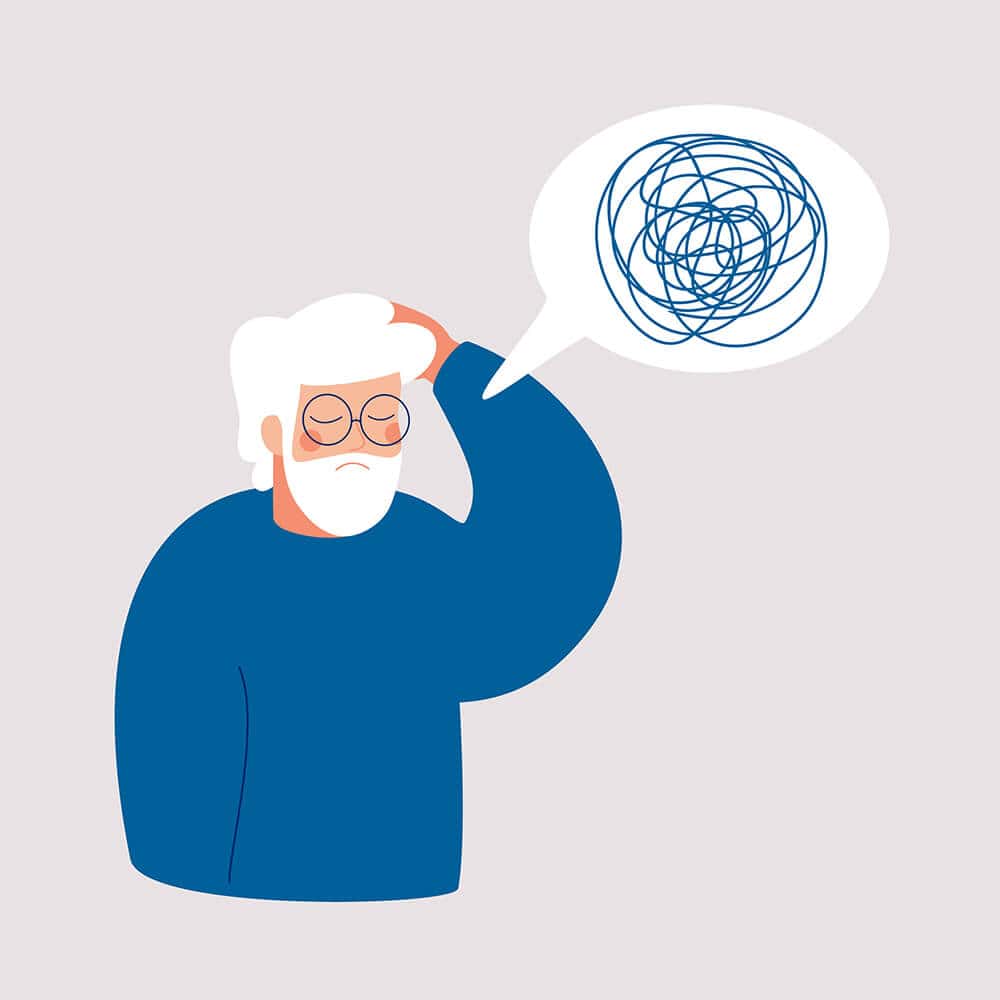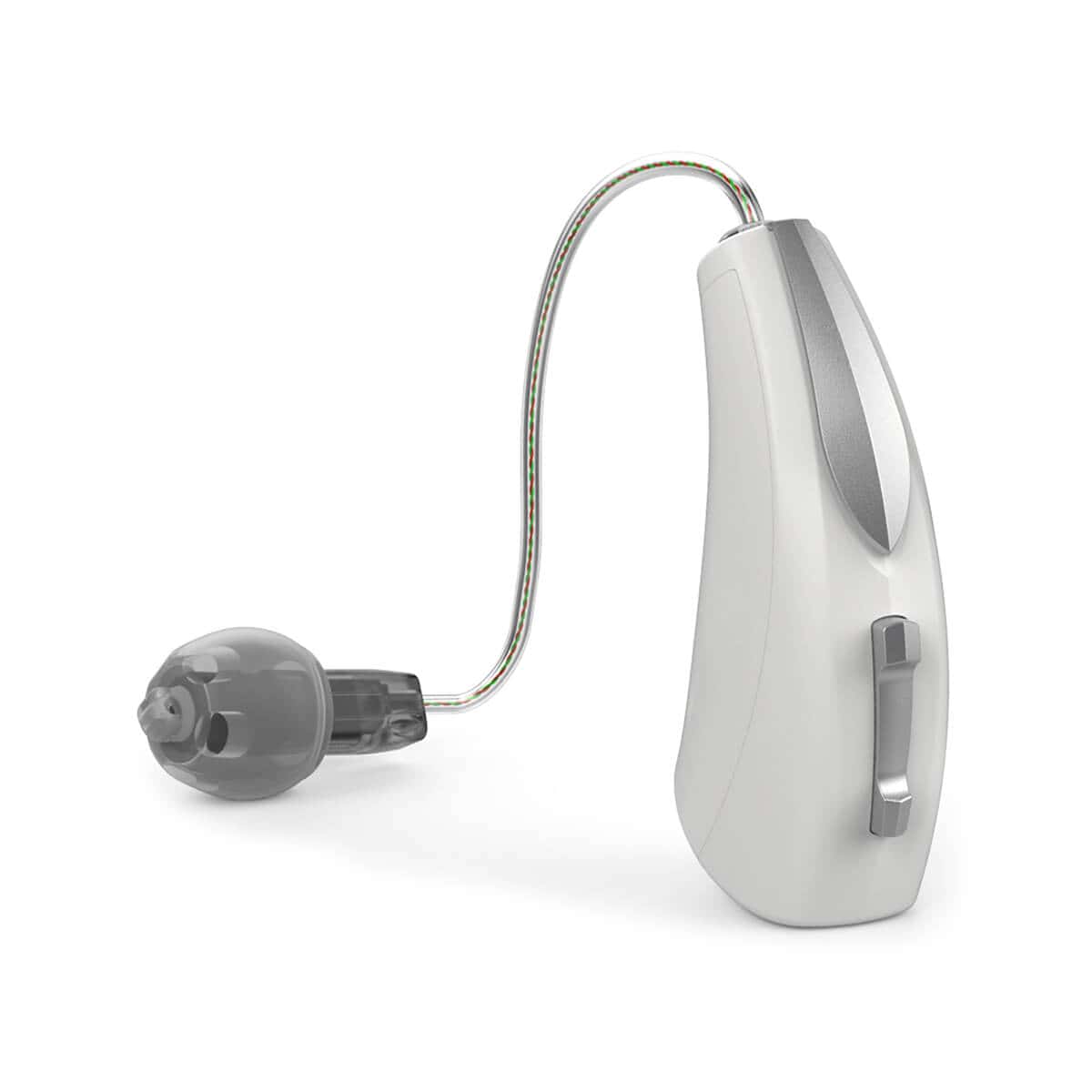Untreated Hearing Loss & Cognitive Decline
Approximately 17 percent of the American adult population has a degree of hearing loss. And with age, the risk increases, rising to one-third of Americans aged 65 and 74, and nearly half of those over 75.
This makes hearing loss the third most common chronic condition faced in the United States by older adults. And as our population continues to get older, people with hearing loss are expected to rise accordingly.
You may think that the pervasiveness of hearing loss could make it more of an urgent public health issue, but sadly this is not the case. Just 20 percent of those who may benefit from care actively seek help, while most people tend to wait before the issue begins to affect their life seriously.
Why hearing loss takes so long to address
Those with hearing loss tend to wait more than ten years after their initial test results before fitting with hearing aids. What are the reasons people seem to wait so long before receiving treatment? There are two main explanations for this:
Cognitive Decline and Dementia
An early sign of dementia, the sixth leading cause of death, has long been cognitive impairment. That's why we should start looking into the loss of hearing. Even those with a small hearing loss are at risk of dementia, and your risk rises the worse your hearing gets. Those with severe hearing loss have five times the likelihood of dementia compared to their hearing peers.
Here are three ways in which this loss of hearing can lead to cognitive decay.

Reduced social interaction: Loss of hearing makes people less likely to want to communicate with friends, families, and colleagues. The person isolates himself and feels that there are fewer people to call. Not maintaining those social bonds means that fewer people can engage the brain within conversations, resulting in an overall reduction in the use of multiple parts of the brain that we use for communication. This reduces cognitive stimulation.
Cognitive load: With the untreated loss of hearing, the brain becomes overworked by a constant strain to understand speech and sound. A tired brain doesn't work, as well.
Loss of brain tissue: According to a new study at Johns Hopkins University, hearing loss could lead to a loss of brain tissue in the areas to do with processing sound.
Treat Your Hearing Loss with Hearing Aids

People with better hearing will reconnect with friends and family, and go out more. This leads to less social isolation, and while outdoors, the body and brain are kept active as they are exposed to new stimuli. This makes these parts of the brain less likely to degenerate as a result of a lack of use.
Treating your hearing is one way you can keep your brain healthy and lower the risk of dementia for years to come. Why not contact us about the benefits of treating your hearing loss and learn which treatment choices are right for you?

